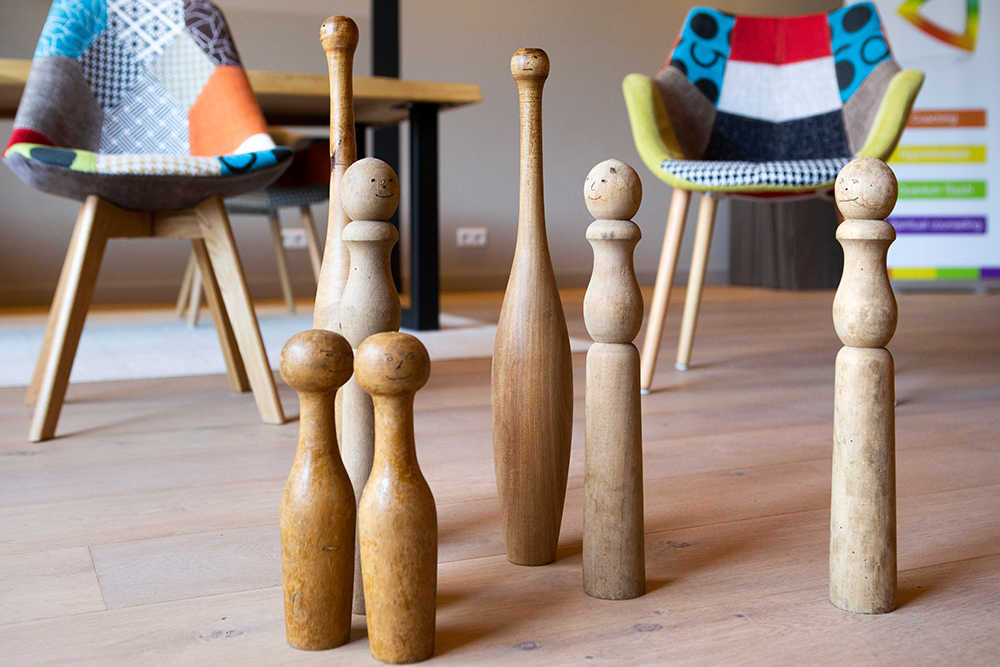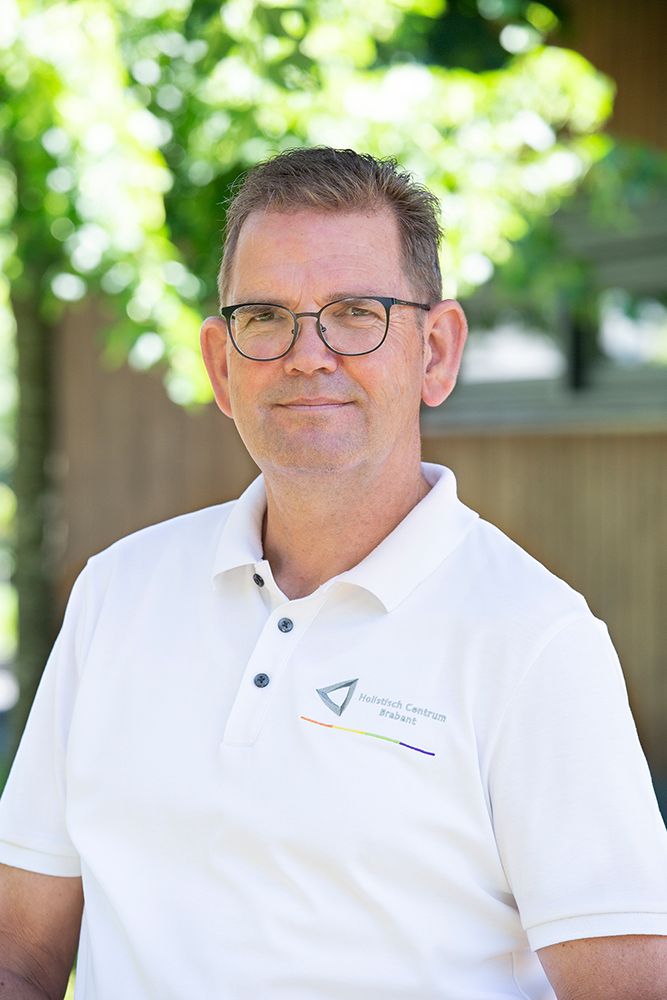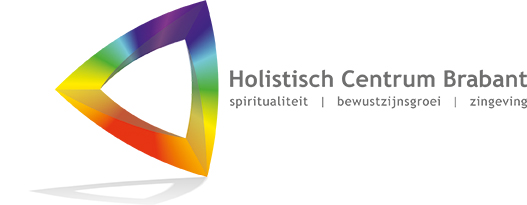What is systemic work?
In systemic work, we start from the premise that we are all born into our “system of origin”, i.e. literally where your cradle stood. This is where you receive your “imprint” from your parents, who are in turn connected to your grandparents and so on, going further back in time. But later on, at school or at work, you are still part of different systems. In systemic coaching, we therefore always look at you and your request for help from that (broader) perspective.

The systemic approach to viewing and working
We all live in human systems such as our family, our work, the association we belong to, the school and training courses we follow, our circle of friends, etc. The rules and also unconscious laws in such systems are often complicated. It is becoming increasingly clear that many organisational and personal problems have a systemic cause. We are raised in systems and are assigned a place in them or take one. The dynamics make it possible to work on a deep and unconscious level, lovingly and with respect for all members of the system. An entanglement is a complication in a system that has a hindering effect. Making an entanglement visible makes it possible to change it. The place in the system is essential. Members of a system have a place, but this place is not always the right one. Finding and taking your own rightful place changes old inhibiting patterns, makes it possible to remove entanglements and enables you to take your place in life. Many of our unconscious beliefs, behaviours and patterns originate in the systems (family of origin) in which we grew up. We have adopted reinforcing and limiting patterns, often out of loyalty. These (limiting) patterns often reappear in your current life within new systems, for example in your relationship or your work. Family constellations can make these unconscious patterns visible again. A constellation of the family system reveals how someone is unconsciously bound to their family system and to others with whom they share their fate. Bert Hellinger discovered that three basic principles operate in systems.
These three basic principles are:
- Binding: everyone has the right to a place in the system
- Order: all places are ranked in relation to each other
- Balance: giving and taking should be in proportionate balance
The common thread in the family system is the connection with the system of origin. This connection is the bond with parents, grandparents and even further back. If, for whatever reason, one of the basic principles within the family system or in the context of work is disrupted, dynamics arise. Based on these dynamics, a new balance within the system is sought, allowing the current situation to continue.
Examples of dynamics include:
- I'm doing it for you
- Carrying something for someone else
- Protect someone
- Putting yourself above others
- Following someone who has been locked out or is not recognised within the system
These dynamics give rise to symptoms that we encounter in our daily lives. These can manifest themselves in various ways: fears, insecurity, exaggerated behaviour, relationship problems or vague physical complaints. You may encounter these symptoms on a daily basis in various contexts, such as relationships, sports, work, friends, family, etc. The underlying dynamics are revealed through the symptoms with the help of a constellation. The image that a constellation reveals and the energetic effect within that field allow the system to relax. Once the system is back in line with the basic principles (laws), the energy starts flowing again and the desired change can be implemented.
Who is your conversation partner?

Ben ter Horst

Wilma ter Horst
Our rates
Questioner in a group setting
- You will be supervised by Ben ter Horst or Wilma ter Horst (you decide).
- Group of up to 10 participants
- The setup takes between 45 and 90 minutes.
Representative in a group setting
- You will be supervised by Ben ter Horst or Wilma ter Horst.
- Group of up to 10 participants
- A session lasts between 45 and 90 minutes.
Questioner in an individual setting
- You will be guided through the intake process by Ben ter Horst or Wilma ter Horst (you decide).
- The session lasts 1.5 hours, including coaching.
